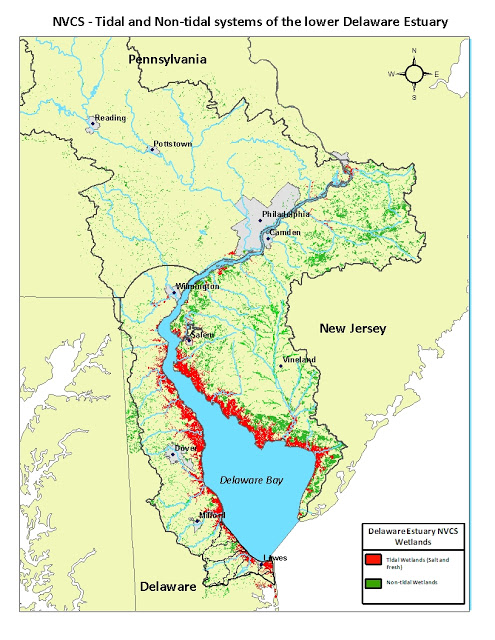One of the more popular stances this election cycle for teabagger candidates to take has been to openly call for the abolition of the U.S. Department of Education. All the mainstream people I talk to seem totally confused as to why this would be necessary or a good idea. The short explanation is that this is a logical extension of the States’ Rights Conservatism that had sort of gone underground for a couple decades.
Via DailyKos, Ken Buck, Republican U.S. Senate nominee from Colorado, adopted the anti-Department of Education position, too, although not very gracefully. While there are real and serious problems with education in America today, the educational system is much improved over what it used to be. Ken Buck, however, falls into the “Back in the Day” trap, wherein a person is convinced that everything was significantly better before and has gone to hell now, and the explanation he sees is the increased Federal involvement in education.
In what was either a very unfortunate slip of the tongue or an intentional historical allusion, he identified the 1950s — at least twenty years prior to the establishment of the Department of Education — as the decade when Federal involvement in education began a long decline (as he perceives it) toward the reduced standards, poor graduation rates, and other problems he sees in our current education system nationally… From ColoradoPols (emphasis from the source, video available there):
Question: [brief lead-in] What plans do you have to make public education better in America?
Buck: “Let’s talk about that [education] folks. In the 1950s, we had the best schools in the world. And the United States government decided to get more involved in federal education. Where are we now, after all those years of federal involvement, are we better or are we worse? So what’s the federal government’s answer? Well since we’ve made education worse, we’re gonna even get more involved. And what’s gonna be the result? It’s kinda like health care. We’ve screwed up health care–Medicare–we’ve screwed up all kinds of other things, so what are we gonna do? We’re gonna get even more involved in health care. What are we going to do? We’re gonna get more involved in education.
Again, there are many, many problems with that entire answer, including that our education system actually sucked by and large in the 1950s and was not the best in the world. But the bolding is what most interests us. It’s possible he just grabbed that decade randomly or accidentally, but it seems unlikely. Presumably he had a reason to choose to cite it, and that reason is what we should establish.
As you might have worked out by now, the only really noteworthy, historic, and well-known times the “United States government decided to get more involved in Federal education,” during the 1950s was in desegregation-related episodes: Brown v. Board of Education (1954) and the Federal intervention of U.S. Army 101st Airborne Division paratroopers in Little Rock to integrate Central High School in 1958.
Actual Federal education/curriculum type programs didn’t really start until the Kennedy and Johnson Administrations in the 1960s. And even most of those small early programs like the Presidential Phyiscal Fitness Award could hardly be credited with launching the decline of Western Civilization American public education. If you’re talking about “Federal involvement” in education before the 1960s, you’re pretty much only talking about integration.
So what exactly did Ken Buck mean when he blamed Federal involvement in the schools beginning in the 1950s to a decline he perceives in our education system? Does he think government-enforced integration was bad? It’s a fair question, given a similar position from Republican US Senate nominee from Kentucky, Rand Paul, on desegregation.
This post was originally published at Starboard Broadside.





